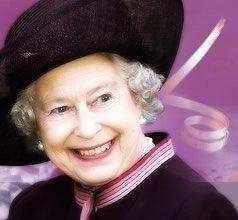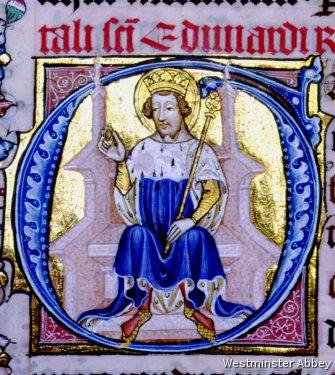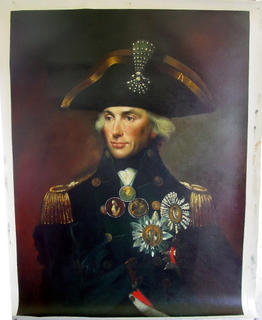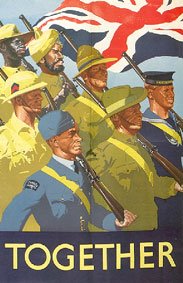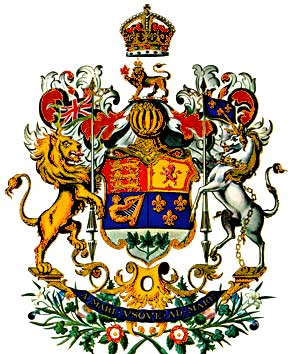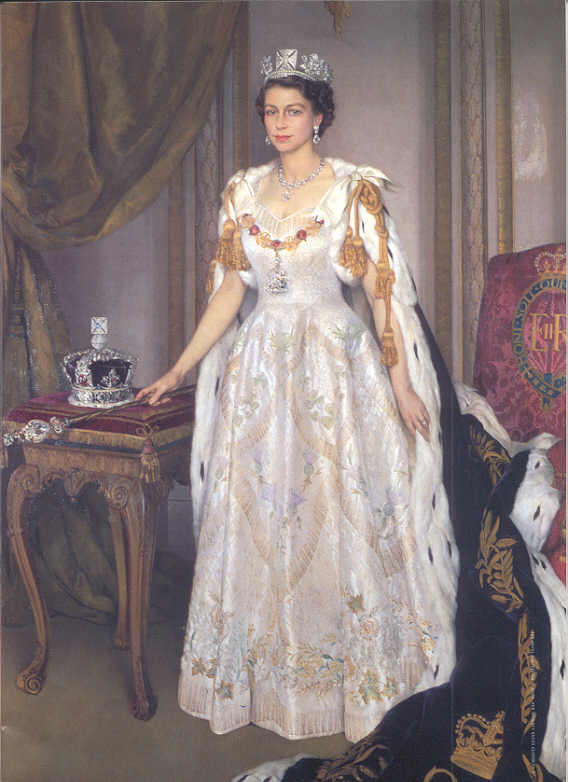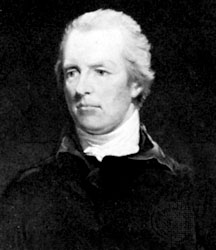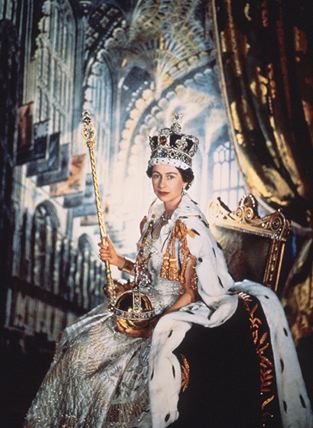[+] HONOURING OUR PATRON, SIR WINSTON CHURCHILL, VICTOR OF THE ENGLISH-SPEAKING PEOPLES
[+] HONOURING OUR QUEEN, ELIZABETH THE SECOND, ON THE 80TH YEAR OF HER BIRTH (1926 - 2006)
[+] HONOURING OUR KING, SAINT EDWARD THE CONFESSOR, ON THE 1000TH YEAR OF HIS BIRTH (1005 - 2005)
[+] HONOURING OUR HERO, LORD NELSON, ON THE BICENTENNIAL OF THE BATTLE OF TRAFALGAR (1805 - 2005)
[+] HONOURING OUR SONS, THE QUEEN'S COMMONWEALTH SOLDIERS KILLED IN THE 'WAR ON TERROR'
[+] HONOURING OUR VETS ON THE 150TH ANNIVERSARY OF THE VICTORIA CROSS (1856 - 2006)
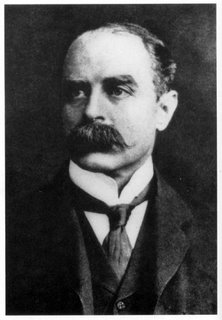 Honouring Colonel Sir Francis Edward Younghusband (31 May 1863 - 31 July 1942) was a British Army officer, explorer, and spiritualist. He is remembered chiefly for his travels in the Far East and Central Asia and his writings on the subject.
Honouring Colonel Sir Francis Edward Younghusband (31 May 1863 - 31 July 1942) was a British Army officer, explorer, and spiritualist. He is remembered chiefly for his travels in the Far East and Central Asia and his writings on the subject. Francis Younghusband was born in 1863 at Murree in India to a British military family, John Younghusband and his wife Clara Shaw. Clara's brother, Robert Shaw, was a noted explorer of Central Asia. As an infant, Francis was taken to live in England by his mother. When Clara returned to India in 1867 she left her son in the care of two austere and strictly religious aunts. In 1870 his mother and father returned to England and reunited the family. In 1876 at age thirteen Francis entered Clifton College, Bristol. In 1881 he entered the Royal Military Academy Sandhurst and in 1882 he was commissioned as a subaltern in the 1st King's Dragoon Guards.
In 1886, on leave from his regiment, Younghusband made an expedition through Manchuria, crossing the Gobi Desert and pioneering a route from Kashgar and India through the uncharted Mustagh Pass. For this he was elected the youngest member of the Royal Geographic Society and received the society's coveted gold medal.
In 1889, Younghusband was dispatched with a small escort of Gurkha soldiers to survey an uncharted region of the Hunza valley and the Khunjerab Pass through the Karakoram mountain range. Whilst encamped in a remote area of Hunza, Younghusband received a messenger at his camp, inviting him to dinner with Captain Gromchevsky, his Russian counterpart in "The Great Game". Younghusband accepted the invitation to Gromchevsky's camp, and after dinner the two rivals talked into the night, sharing brandy and vodka, and discussing the possibility of a Russian invasion of British India. Gromchevsky impressed Younghusband with the horsemanship skills of his Cossack escort, and Younghusband impressed Gromchevsky with the rifle drill of his Gurkhas. After their meeting in this remote frontier region, Gromchevksy resumed his expedition in the direction of Kashmir and Younghusband continued his exploration of Hunza.
In 1890, Younghusband transferred to the Indian Political Service. He served as a political officer on secondment from the British Army. He served as British commissioner to Tibet from 1902-1904. In 1903-1904, under orders from the Viceroy of India, Lord Curzon, he led a military mission to Tibet as a result of disputes over the Sikkim-Tibet border; the mission controversially became a de facto invasion and British forces occupied Lhasa. The British force was supported by King Ugyen Wangchuck of Bhutan, who was knighted in return for his services.
In 1906 Younghusband settled in Kashmir as the British representative 1906 before returning to Britain where he became an active member of many clubs and societies. During World War One his patriotic Fight for Right campaign commissioned the song Jerusalem. He was elected President of the Royal Geographic Society in 1919. Later he actively encouraged climbers, including George Mallory, to attempt Mount Everest, and they followed the same initial route as the earlier Tibet Mission. In 1938 Younghusband encouraged Ernst Schäfer, who was about to lead a German expedition to Tibet, to "sneak over the border" when faced with British intransigence towards Schäfer's efforts to reach Tibet.[1]
Younghusband's religious upbringing had a profound influence on his later life. In 1884 he wrote in his diary that "I shall through my life be carrying out God's Divine message to mankind". Later, recovering from an accident, he would read Leo Tolstoy's The Kingdom of God is Within You - a book which also greatly influenced Mahatma Gandhi. Younghusband was the founder of the World Congress of Faiths (1936), and he wrote several books on faith and spirituality. He encouraged one his domestic servants, Gladys Aylward, to become a Christian missionary to China.


